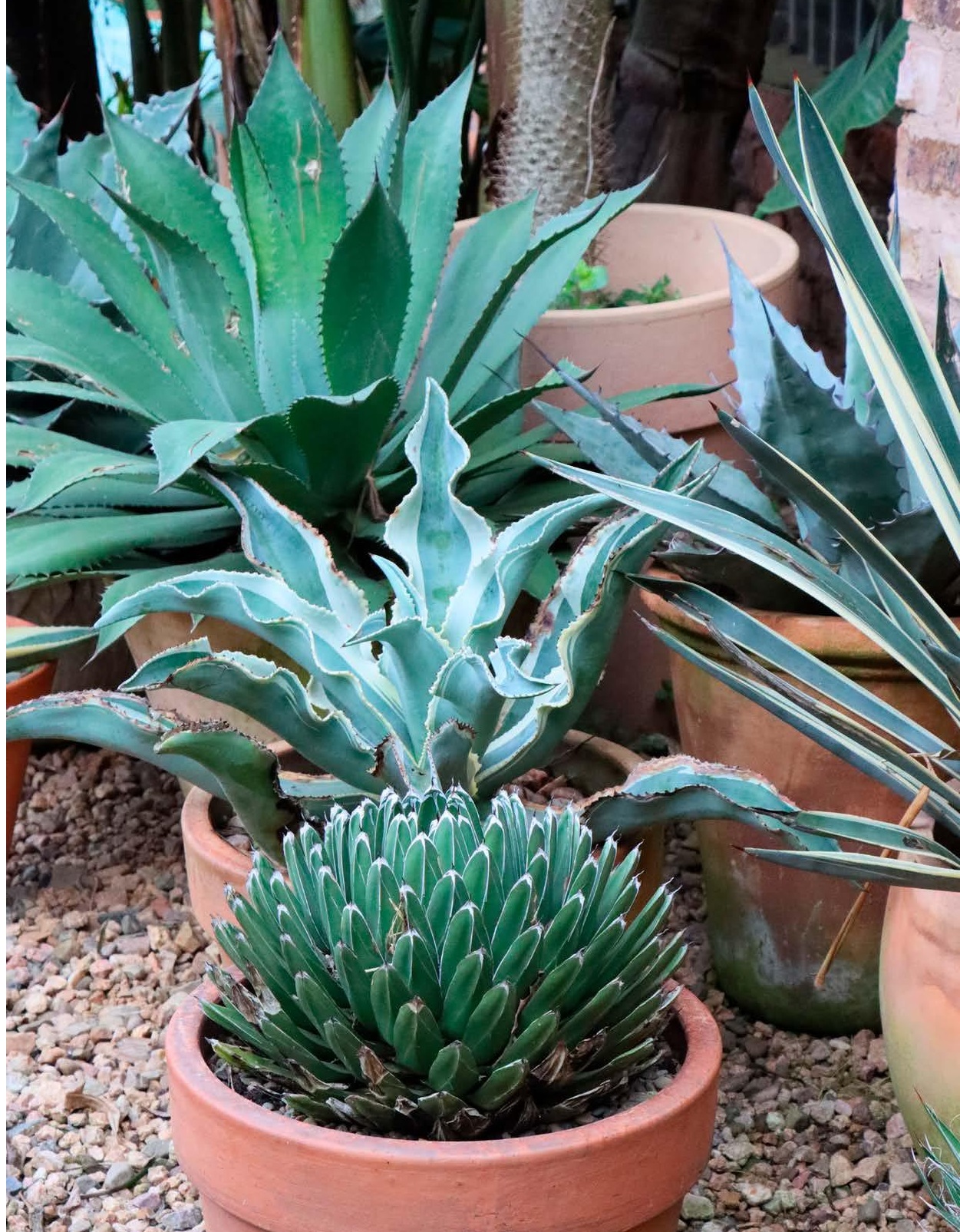
I call agaves my 'blueprint of God'. The most spectacular feat of nature is the imprint of the thorns and leaf margins first visible as the soft leaves start to uncurl from the growth point and which stay on the leaves even as they mature into adult form. I can take pictures of these imprints forever and they never stop fascinating me!
There is just no denying that certain agave species and cultivars are so striking that they completely change the immediate landscape with their presence. This is a diverse genus when it comes to shapes, textures and foliage colours, such colours as dull green, steel-grey, iridescent silvery-blue and even variegated with white, cream or yellow are all thrown in.
A common characteristic of these succulents is the symmetrical rosette of succulent and fibrous leaves, which can be long, thin and grass-like, squat and finger-like, or very large, broad and heavy. Generally, the fleshy and fibrous leaves of all species end in sharp points (sometimes extremely sharp terminal spines), while those of some species also have sharp marginal teeth, making them real bully plants that have to be handled with care.
Agaves are monocarpic, which means they only flower once after which they die - this is nothing to worry about though! In some species the mother plant will feverishly produce several pups (suckers) at the base of the rosette before she pushes out a tall inflorescence with a mast-like pole topped with a spike of nectar-rich flowers. In others, a bulbil (plantlet) develops at the base of each flower that will fall off and root where it lands on the soil. Agaves are very slow-growing and can take many years to flower, hence the common name of 'century plant'- although it is more a case of between 10 and 40 years, depending on the species. They are not really prone to flowering in pots, which also inhibits those guys that grow and sucker too enthusiastically.
Denne historien er fra March 2023-utgaven av The Gardener.
Start din 7-dagers gratis prøveperiode på Magzter GOLD for å få tilgang til tusenvis av utvalgte premiumhistorier og 9000+ magasiner og aviser.
Allerede abonnent ? Logg på
Denne historien er fra March 2023-utgaven av The Gardener.
Start din 7-dagers gratis prøveperiode på Magzter GOLD for å få tilgang til tusenvis av utvalgte premiumhistorier og 9000+ magasiner og aviser.
Allerede abonnent? Logg på
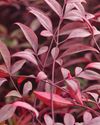
FIRE AND Feathers!
On a dreary winter's day, a screen of fiery and feathery leaves puts up a fight against dullness!
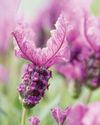
GET THE ladies in!
At this time of year, early-flowering shrubs vie with each other to get the most attention. We say: Trust those with female names for frills and butterflies. They go the extra mile to flower their hearts out.

Vegetable Soups and dumplings
Vegetables make the most delicious soups and classic combinations are always a winner.

Yummy sweet potatoes for your good health
Boiled, baked or braaied, sweet potatoes (Ipomoea batatas) are a delicious and healthy winter comfort food. Just a dollop of butter, a little seasoning and you are good to go.
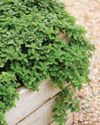
Pretty and functional
If cooking is your main thing, you would probably be more interested in the culinary value of the three herbs and some of their varieties we are describing.

Dried Seedheads & Pods
Autumn and winter are the best times to see what flowers produce the best seedheads that can be left on the plants to feed the birds and bugs and for harvesting for dried arrangements.
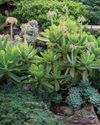
SO MANY FACES and so many choices...
Whoever associated a Cotyledon orbiculata (pig's ear) with the ear of a pig obviously did not know about all the varieties and cultivars this species in the genus Cotyledon has.

COLOURFUL Cold Weather WINNERS!
If it comes to a vote, these dependable shrubs will be the top candidates for prime performance in winter and in other seasons...
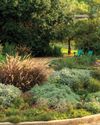
What makes a garden sustainable?
It is interesting to note that the United Nations defines sustainable development as: “development that meets the needs of the present without compromising the ability of future generations to meet their own needs”.

Nurturing NATURE-The Story of Kraal Garden's Transformation
Nestled within Prince Albert's rustic embrace lies a gem that is a testament to the transformative power of human vision and nature's bounty.